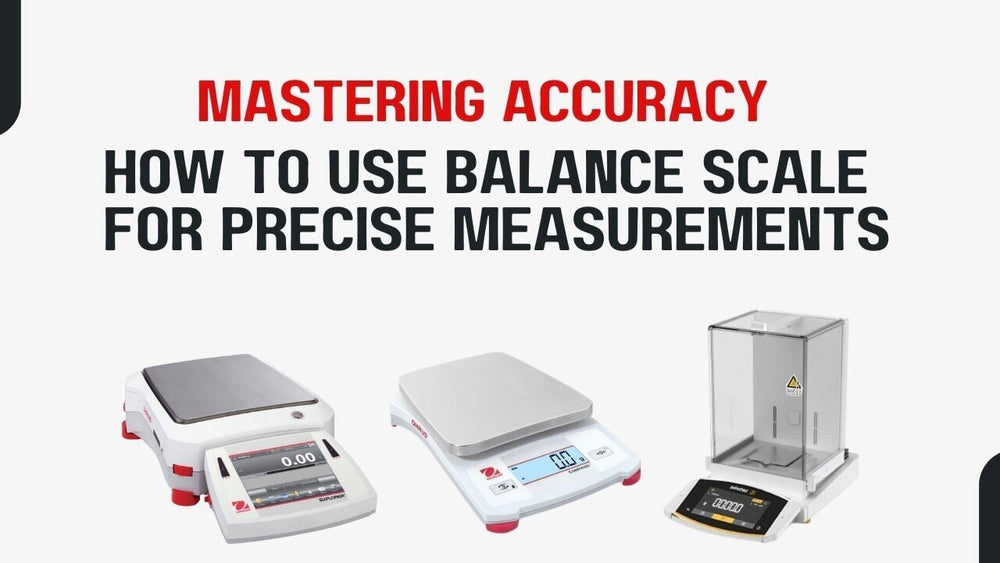The Ultimate Guide to Using Digital Scales for Precision Work

Digital scales have become indispensable for achieving precision in construction, crafting, and even cooking. This guide explores their features, applications, and tips for optimal use.
- Types of Digital Scales: Pocket scales, compact and portable, are ideal for small tasks like weighing jewelry or screws. Bench scales handle larger items, such as construction materials, with capacities up to 50kg. Industrial scales, designed for heavy-duty use, measure bulk materials like cement or gravel with high accuracy.
- Key Features: Modern digital scales feature backlit LCD displays for readability in low light. Tare functions allow users to subtract container weight, ensuring accurate measurements. Unit conversion (grams, ounces, pounds) caters to diverse needs, and some models offer Bluetooth for data logging.
- Applications in Projects: In construction, scales ensure precise concrete mixes for structural integrity. Crafters use them to measure resin or paint for consistent results. Scales also help balance loads in machinery or verify material weights for shipping.
- Calibration and Maintenance: Regular calibration with standard weights maintains accuracy. Clean scales with a dry cloth to avoid damaging electronics, and store them in dry environments to prevent corrosion.
- Choosing the Right Scale: Select a scale based on capacity (e.g., 200g for small items, 100kg for large materials) and precision (0.01g for detailed work). Portability matters for on-site tasks.
Conclusion: Digital scales elevate project precision. Browse our website for scales tailored to your needs.

